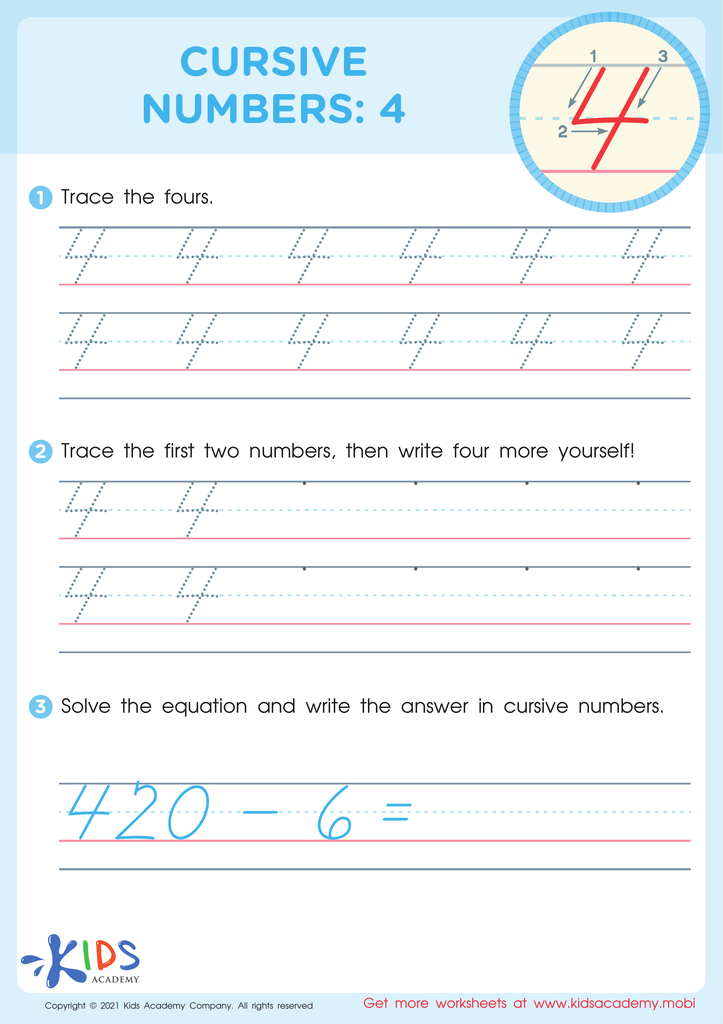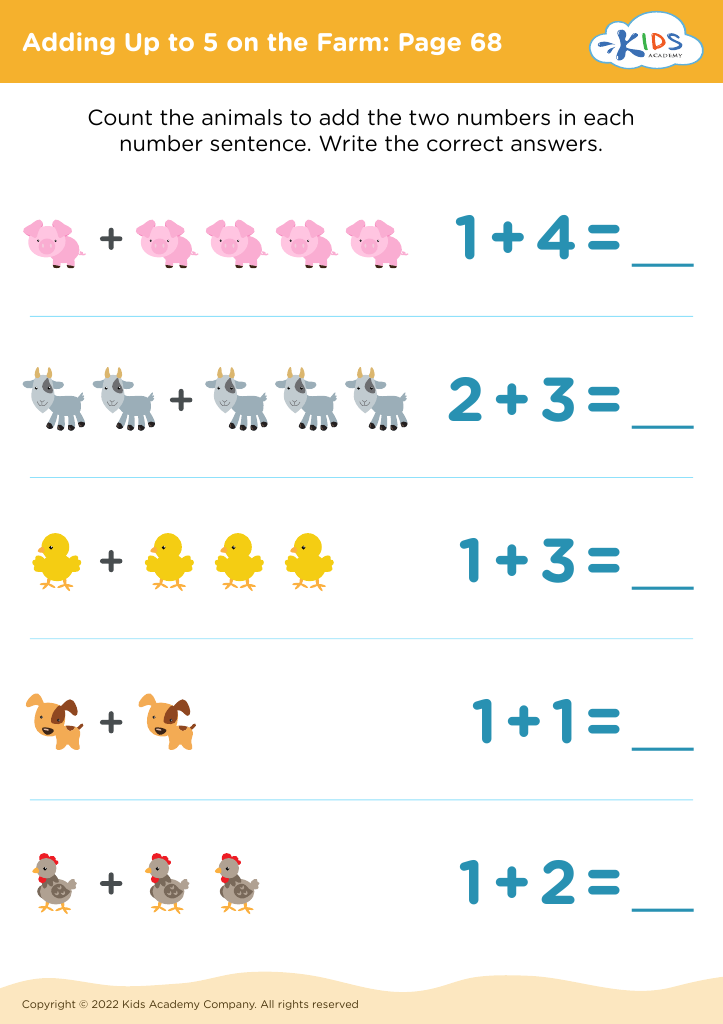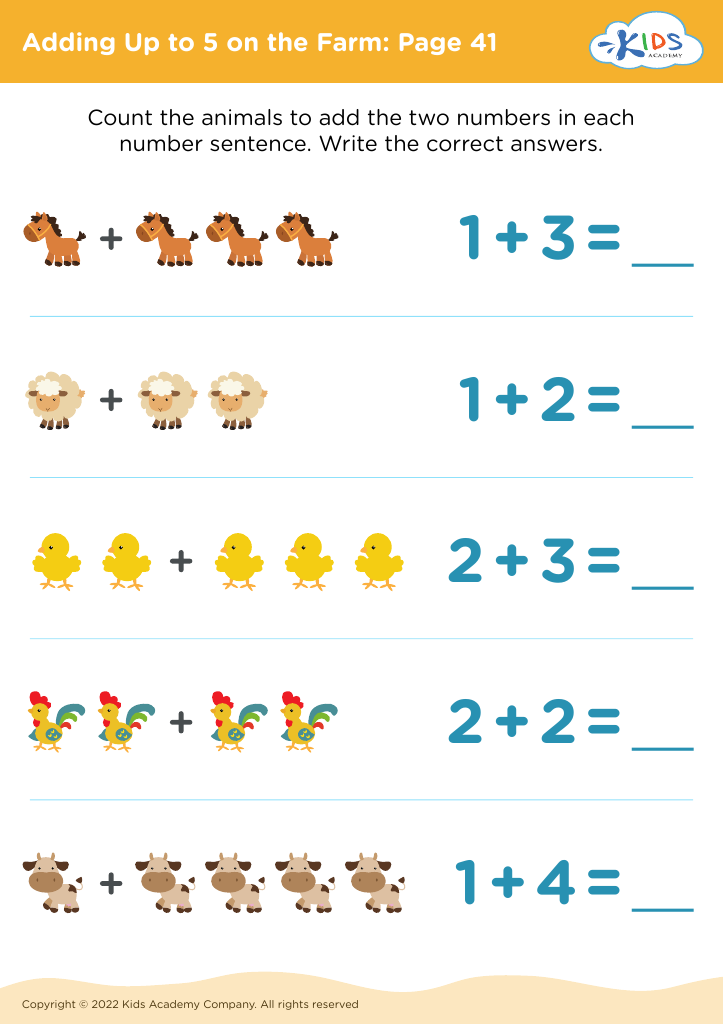Numerical recognition Math Worksheets for Ages 3-9
3 filtered results
-
From - To
Introduce your child to the world of numbers with our engaging Numerical Recognition Math Worksheets designed specifically for ages 3-9. These interactive worksheets help young learners develop essential counting and number recognition skills through fun, age-appropriate activities. From tracing and coloring to matching and counting, each worksheet fosters a love for math and boosts confidence in early learners. Aligned with early childhood education standards, our resources make learning enjoyable and effective. Perfect for both classroom settings and homeschool environments, these worksheets will provide hours of educational fun while laying a strong foundation for your child's mathematical journey! Download now to get started!


Cursive Numbers: 4 Worksheet
Numerical recognition is a foundational skill essential for children aged 3-9 as it significantly influences their mathematical development and overall learning. At this stage, children are cognitively ready to begin exploring numbers and their meanings, making it vital for parents and teachers to prioritize this skill.
Understanding numbers enables children to grasp key concepts such as quantities, comparisons, and basic operations like addition and subtraction. Early numerical recognition lays the groundwork for more complex mathematical concepts, thereby preventing learning gaps as they progress through school. Moreover, it enhances their problem-solving skills and boosts confidence in a subject that many may find challenging later on.
Beyond academics, numerical recognition fosters critical thinking and cognitive development. Engaging with numbers cultivates curiosity, promotes logical reasoning, and encourages independent thought. By introducing playful activities such as counting games, number songs, and interactive lessons, adults can make learning both fun and effective.
Furthermore, the ability to recognize numbers correlates with everyday experiences like shopping, cooking, and time management, providing practical life skills. Thus, by focusing on numerical recognition in early childhood, parents and teachers can help children build a strong mathematical foundation essential for their future success both in school and in daily life.

















